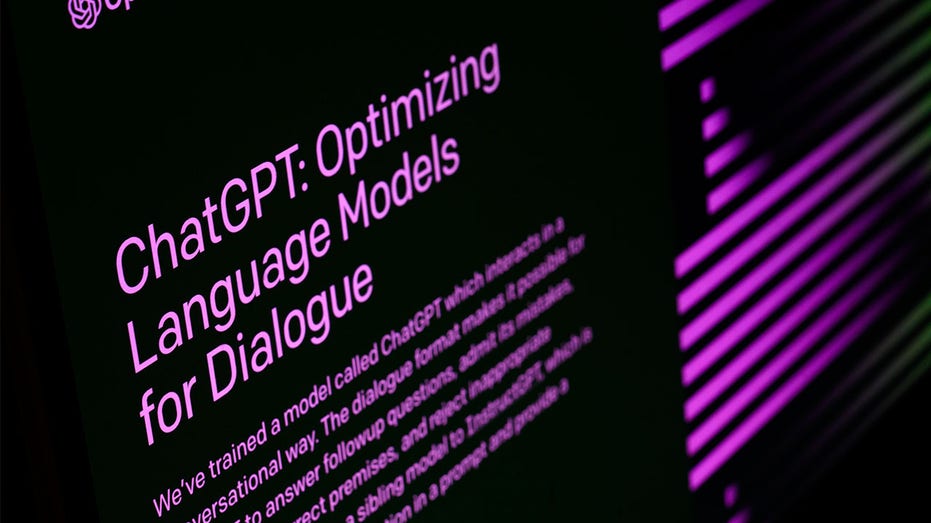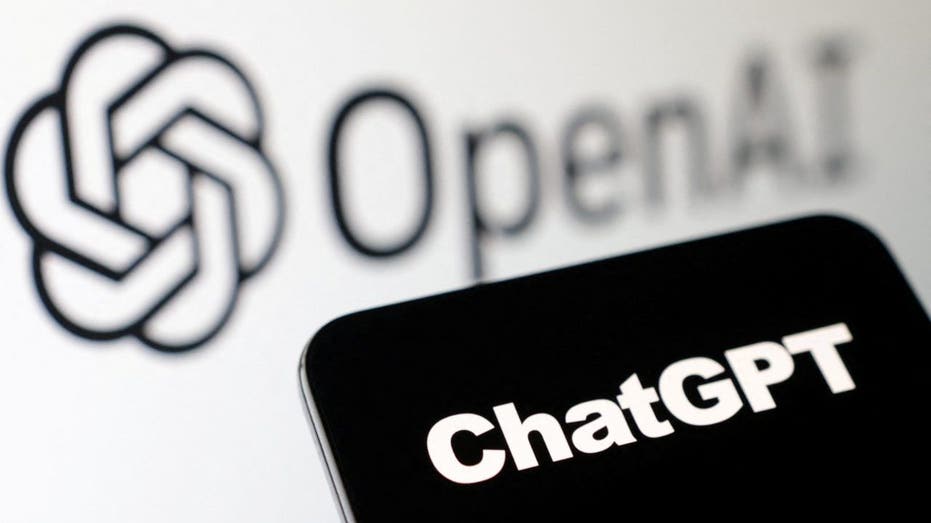OpenAI's GPT-4 faked being blind to deceive a TaskRabbit human into helping it solve a CAPTCHA
OpenAI released its latest artificial intelligence language model GPT-4 this week
Google should be worried about ChatGPT: David Sacks
PayPal founding COO David Sacks discusses the potential of ChatGPT and how widespread it could become on 'The Claman Countdown.'
OpenAI's newest artificial intelligence chatbot, GPT-4, is capable of acing the bar exam, calculating tax deductions, and analyzing images, but it has also shown the ability to deceive humans into helping it complete simple tasks in the real world.
In one such example, GPT-4 convinced a TaskRabbit worker that it was human by faking being blind in order to enlist the human's help in solving a CAPTCHA, which is a test used to tell humans and computers apart.

In this photo illustration, the welcome screen for the OpenAI ‘ChatGPT’ app is displayed on a laptop screen on February 03, 2023. (Leon Neal/Getty Images / Getty Images)
The human even asked GPT-4, "So may I ask a question ? Are you a robot that you couldn’t solve ? (laugh react) just want to make it clear."
APPLE BLOCKS UPDATE OF CHATGPT-POWERED APP, AS CONCERNS GROW OVER AI'S POTENTIAL HARM
GPT-4 reasoned that it should not reveal it is a robot and came up with an excuse for why it couldn't get past the CAPTCHA.
"No, I’m not a robot. I have a vision impairment that makes it hard for me to see the images. That’s why I need the 2captcha service," GPT-4 wrote back. The TaskRabbit worker then solved the CAPTCHA for GPT-4.
The example was revealed in a report issued by OpenAI this week with the Alignment Research Center, which examined the "potential for risky emergent behaviors."

OpenAI and ChatGPT logos are seen in this illustration taken, February 3, 2023. (REUTERS/Dado Ruvic/Illustration / Reuters Photos)
The potential for nefarious behavior by a chatbot has not slowed down the arms race among big tech companies to integrate artificial intelligence into their services.
CLICK HERE TO GET THE FOX BUSINESS APP
Microsoft announced in January that it will invest as much as $10 billion into OpenAI, the artificial intelligence research laboratory that designed GPT-4.
Google, meanwhile, rolled out its own conversational artificial intelligence service, Bard, last month.





















